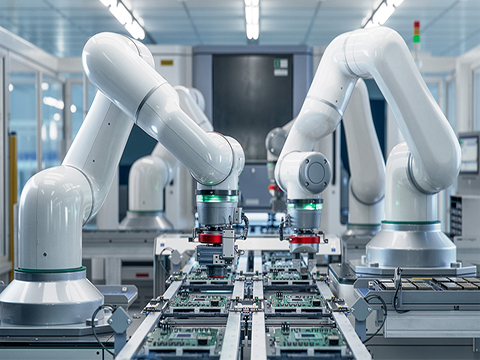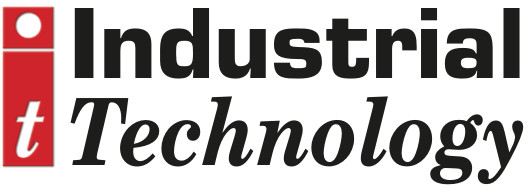
Posted to News on 6th Jun 2025, 15:00
Connected and highly automated: every component counts
Today's fully electrified and highly connected world would be unthinkable without the automation of industrial production processes. And even if plugs and sockets, switches and circuit protection devices do not receive the greatest attention, they are still of fundamental importance for the economically viable use of highly automated production processes, as the experts at SCHURTER explain.

The degree of automation in industry is growing, primarily because it significantly increases productivity: automation systems can run around the clock, work at a consistently high speed and eliminate human error.
At the same time, automation ensures a noticeable increase in quality, as automatic control loops and sensors detect fluctuations in the production process and correct them immediately. From an economic point of view, automated processes reduce unit costs due to lower personnel costs and fewer rejects.
Another important aspect is flexibility: modern programs and control systems can be quickly reconfigured for product changes without the need for mechanical conversions. Finally, automated systems also increase occupational safety by taking over hazardous or unhealthy activities and thus reducing the risk to personnel.
Key automation components at a glance
In industrial automation, specialised components play a central role in ensuring efficiency, safety and reliability. The most important building blocks include components such as switches and operating elements, input and sensor systems, connectors, circuit protection devices and fuses.
These automation components make a significant contribution to operational safety, process stability and ease of maintenance - making them essential for the economically and technically smooth operation of modern industrial plants.
Unit 3, Mildshires Business Park
Smeaton Close
HP19 8HL
UNITED KINGDOM
+44 (0) 1296 319 000







